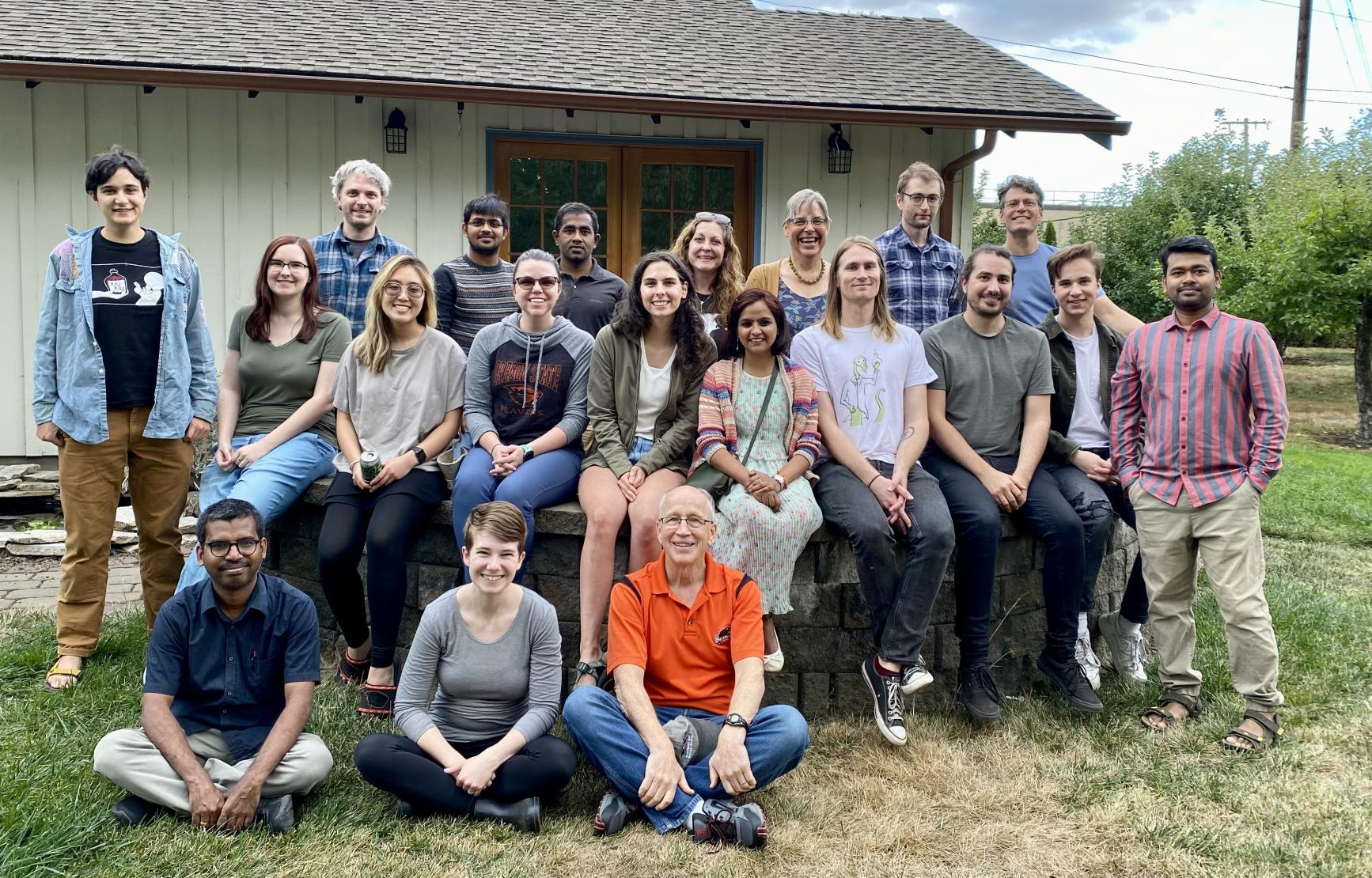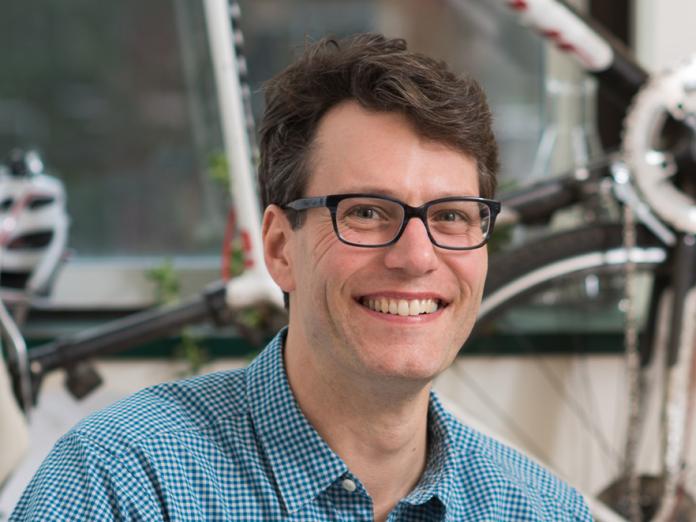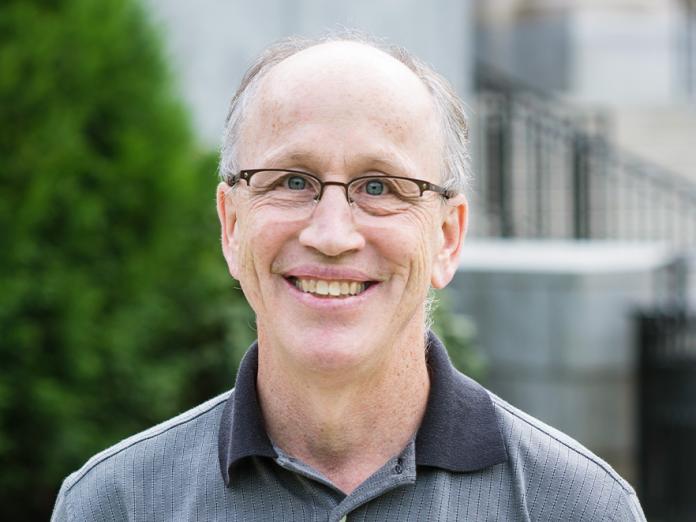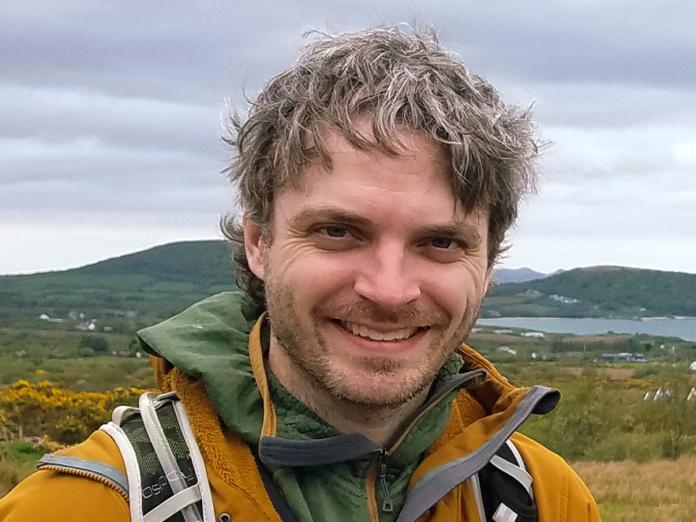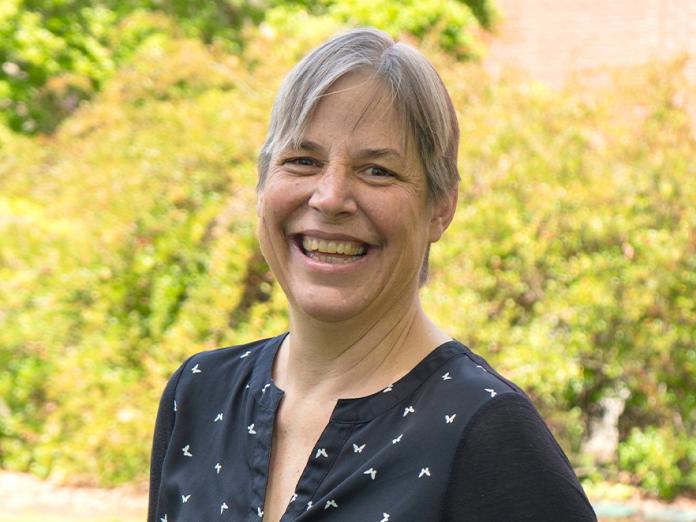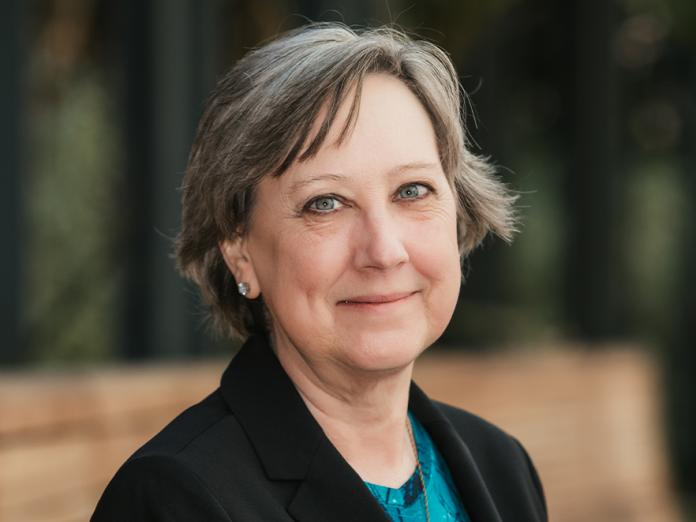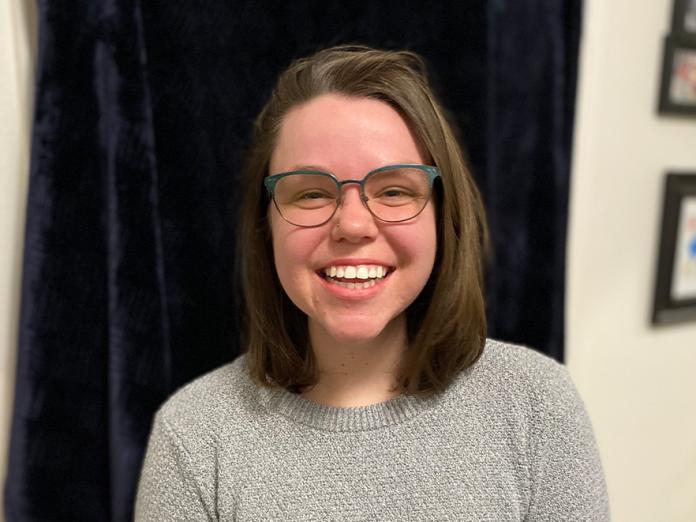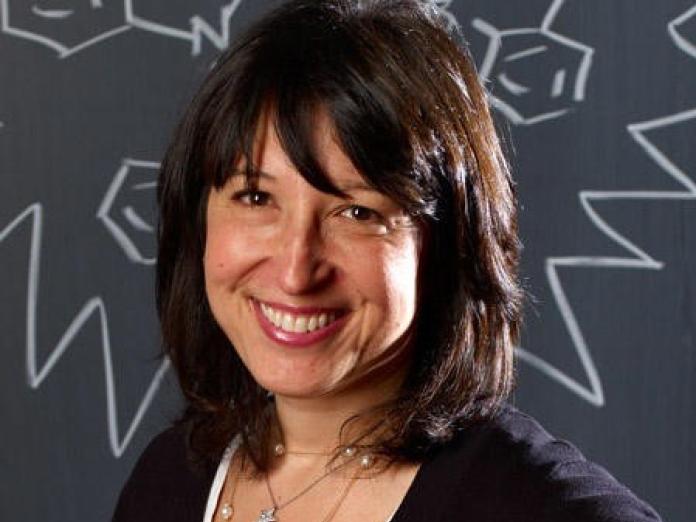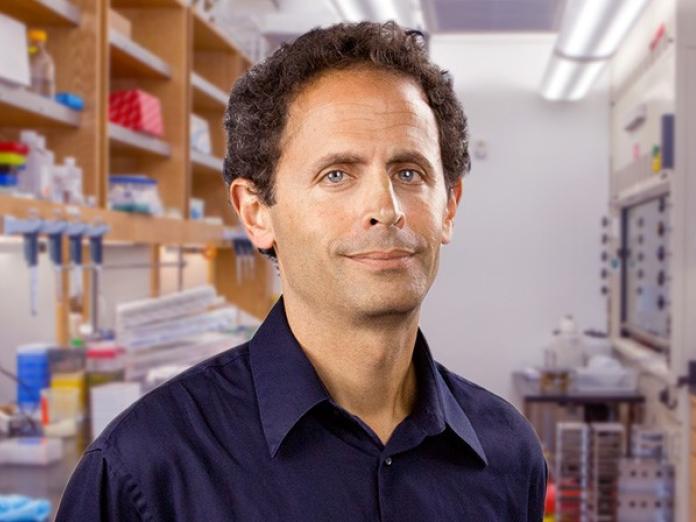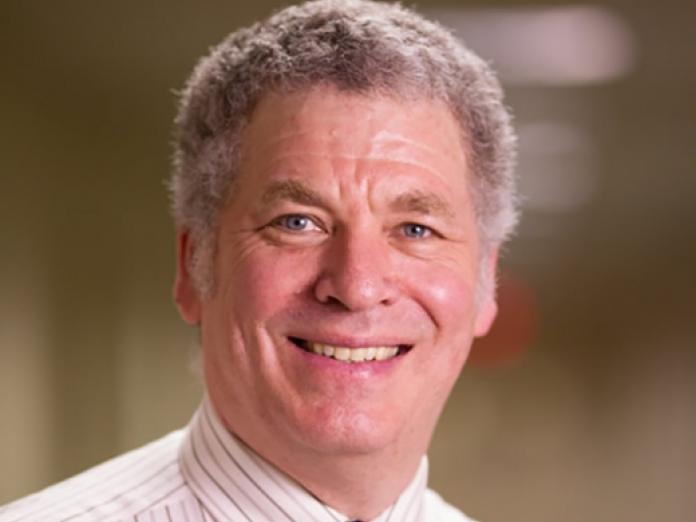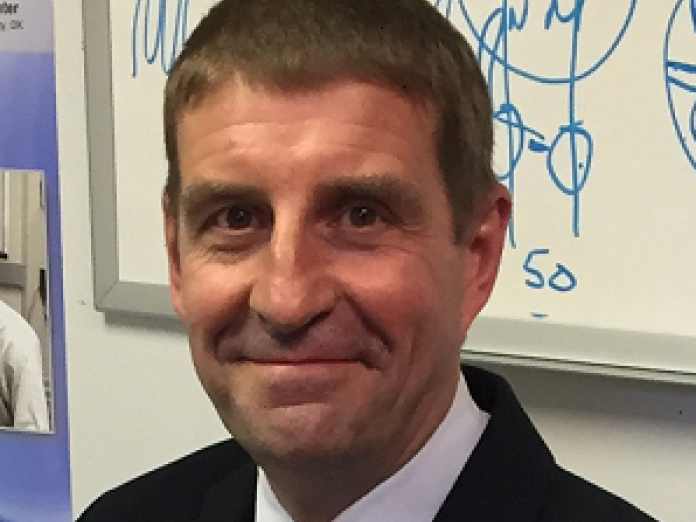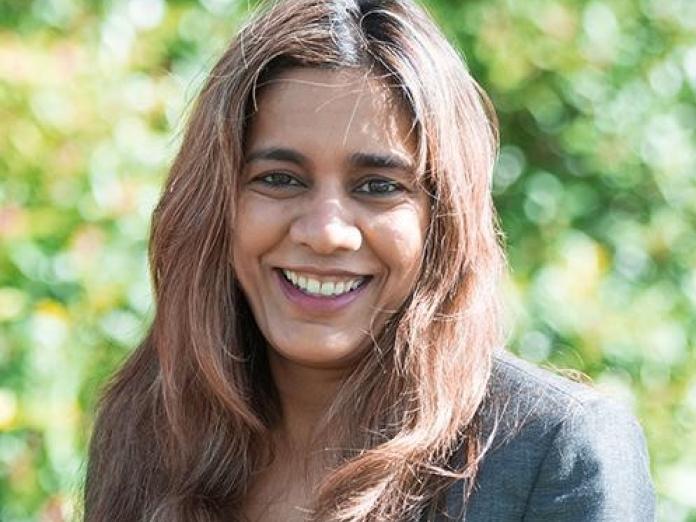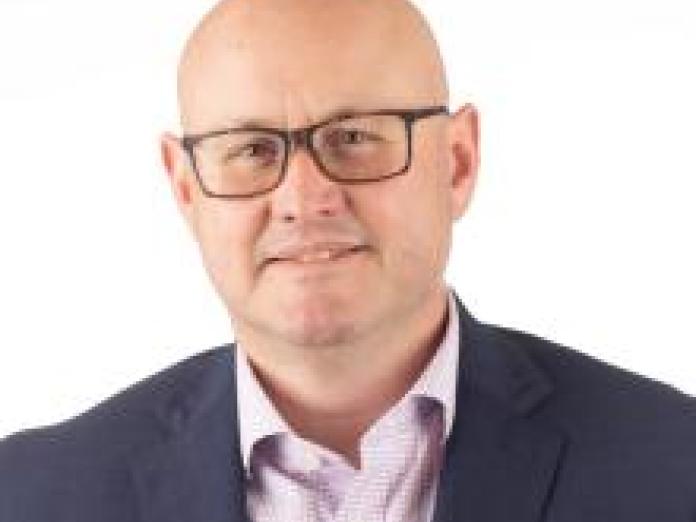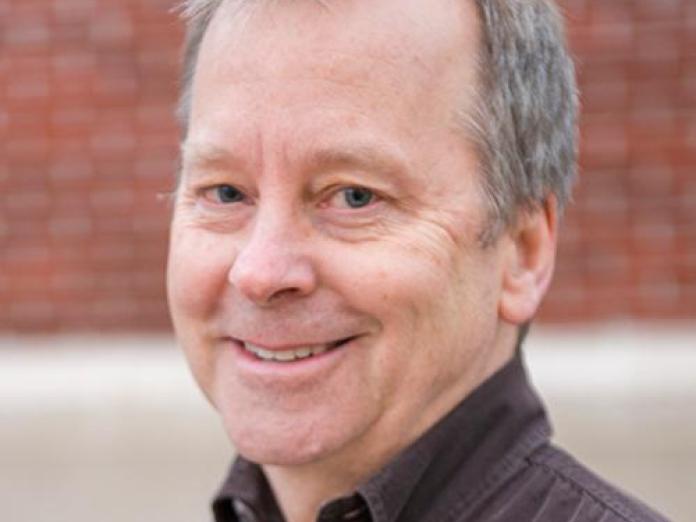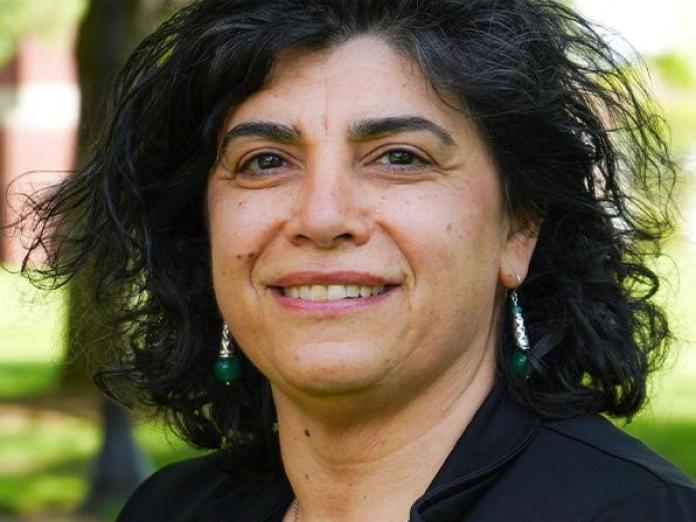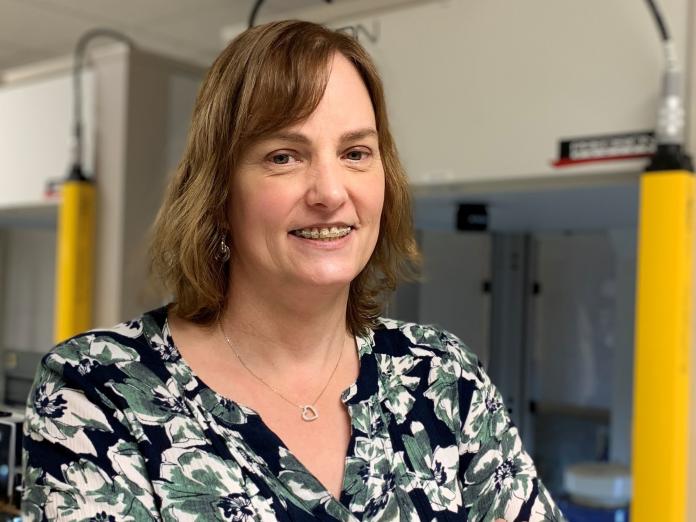The GCE4All Center is housed in the Biochemistry and Biophysics Department in the College of Science at Oregon State University in Corvallis, Oregon. Our team represents a breadth and depth of expertise in the fields of biochemistry, biophysics, molecular biology and genetic code expansion.
Center Leadership
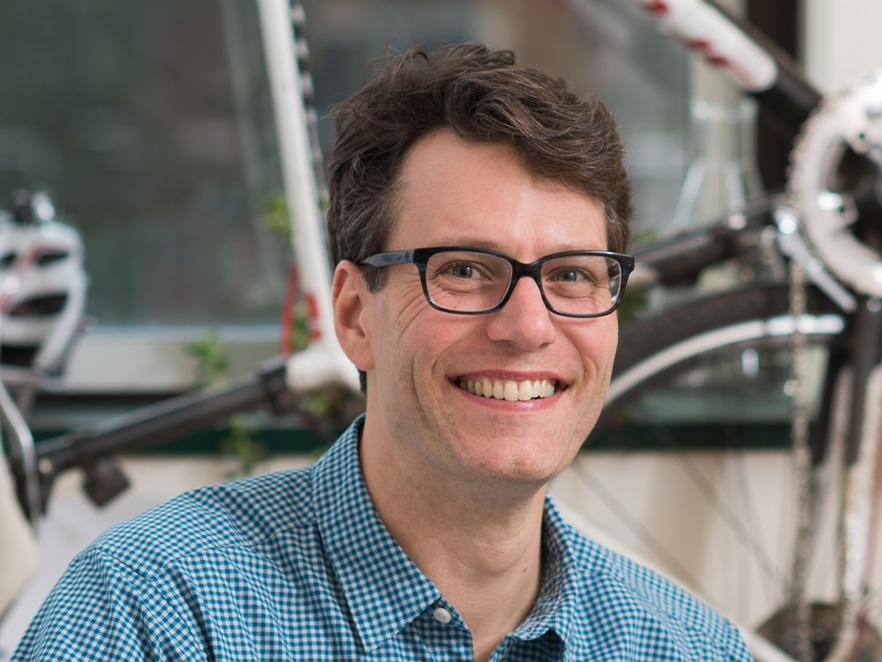
Ryan Mehl
Professor of Biochemistry & Biophysics, Oregon State University
Ryan Mehl is the founder of the Unnatural Protein Facility and a recognized GCE technology developer and leader in the GCE field. As center director, he oversees both technology development and community engagement efforts also with an emphasis on leading TOP1 operations, currently specializing in GCE technologies for biorthogonal ligations.
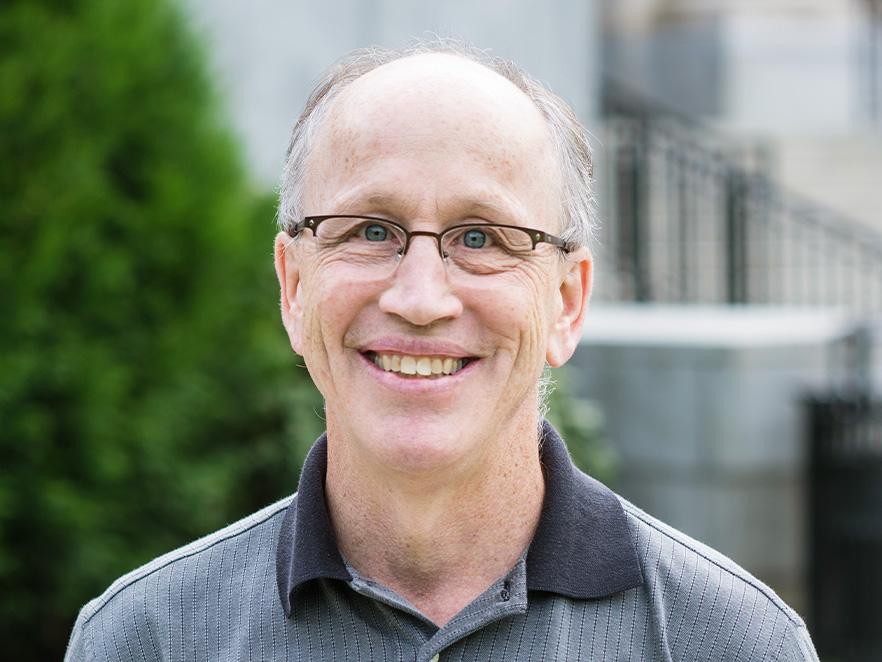
Andy Karplus
Distinguished Professor of Biochemistry & Biophysics, Oregon State University
Andy Karplus is a distinguished professor and well renowned x-ray crystallographer. For the GCE4All Center, he provides scientific oversight and direction to all community engagement core activities in order to broadly disseminate developed and optimized technologies to the biomedical research community. Andy also plays vital roles in mentoring, writing publications and creating educational and training materials.
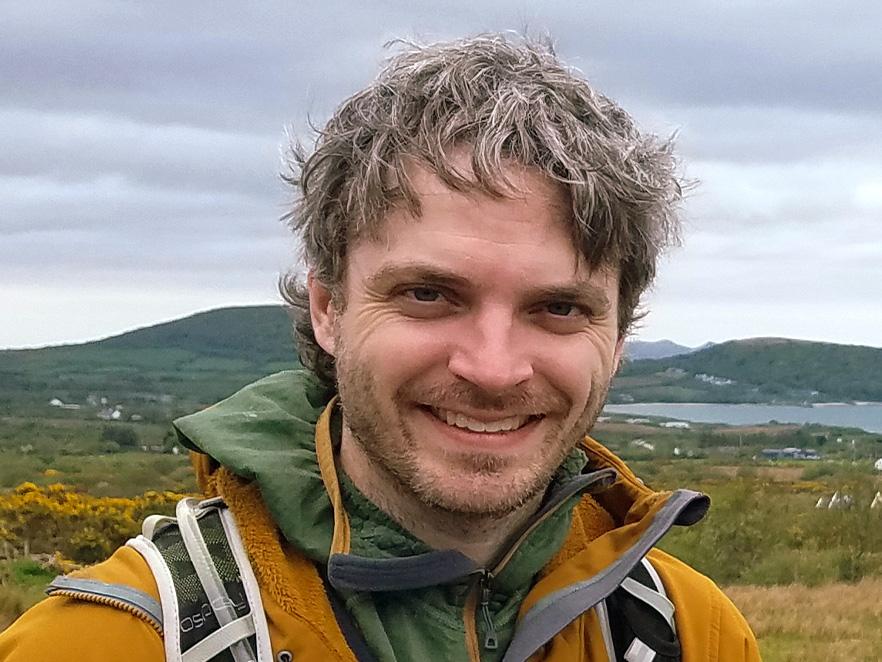
Rick Cooley
Assistant Research Professor of Biochemistry & Biophysics, Oregon State University
Rick Cooley was instrumental in bringing the Unnatural Protein Facility online 9 years ago with Mehl, and brings tremendous expertise in improving GCE machinery to the team. Rick is especially well versed in the genetic encoding of post-translational modifications (PTMs) to advance the structural biology of therapeutic protein complexes regulated by PTMs. This knowledge is critical as he leads TOP-2 efforts.
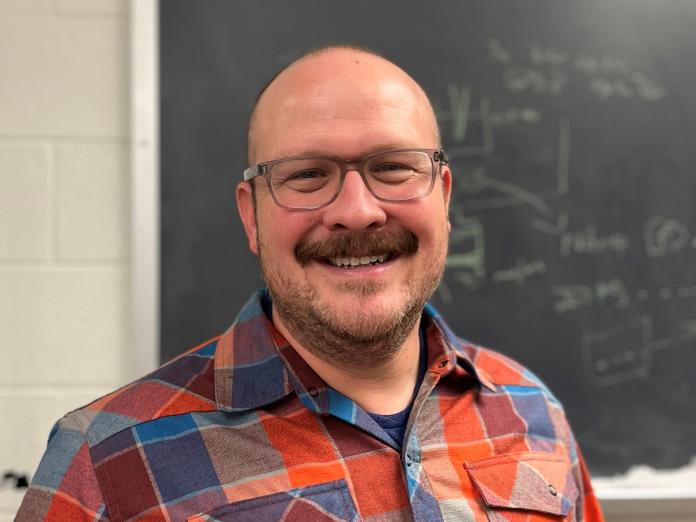
John Lueck
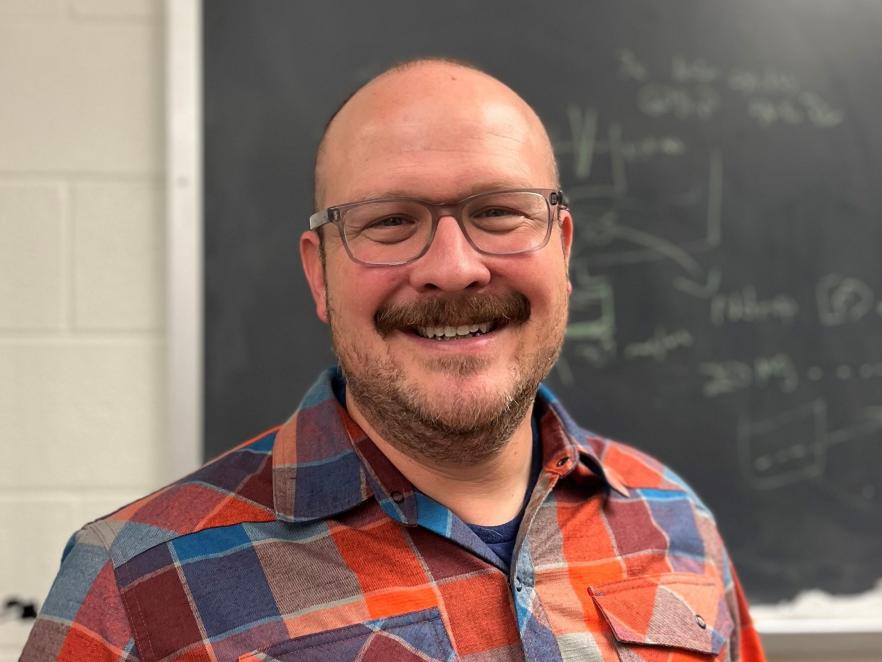
John Lueck
Assistant Professor of Pharmacology & Physiology and Neurology, University of Rochester Medical Center
John Lueck has long had a cemented interest in conducting translation research and couples this with experience and knowledge well suited for research in disease pathologies. John specializes in optimized eukaryotic genomic integration and viral transfection methods for GCE. As a leader of the center, he adds valuable expertise in technology development and industry partnerships.
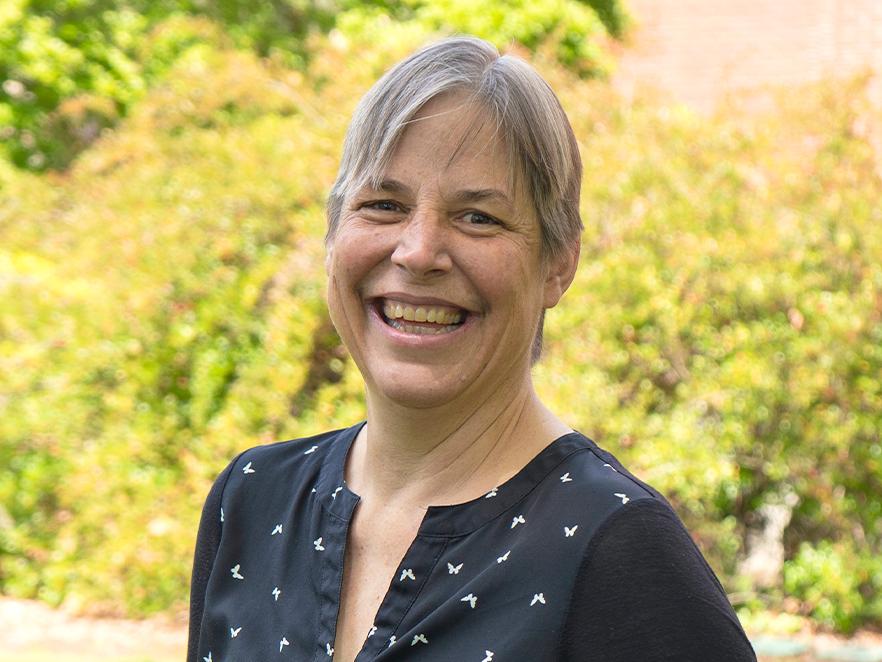
Kari van Zee
Senior Instructor of Biochemistry & Biophysics, Oregon State University
Kari van Zee has a strong interest in scientific outreach efforts, preparing students for a variety of careers in the life sciences, and supporting life-long learning in STEM. Kari is integral in the organization and production of center workshops and conferences.
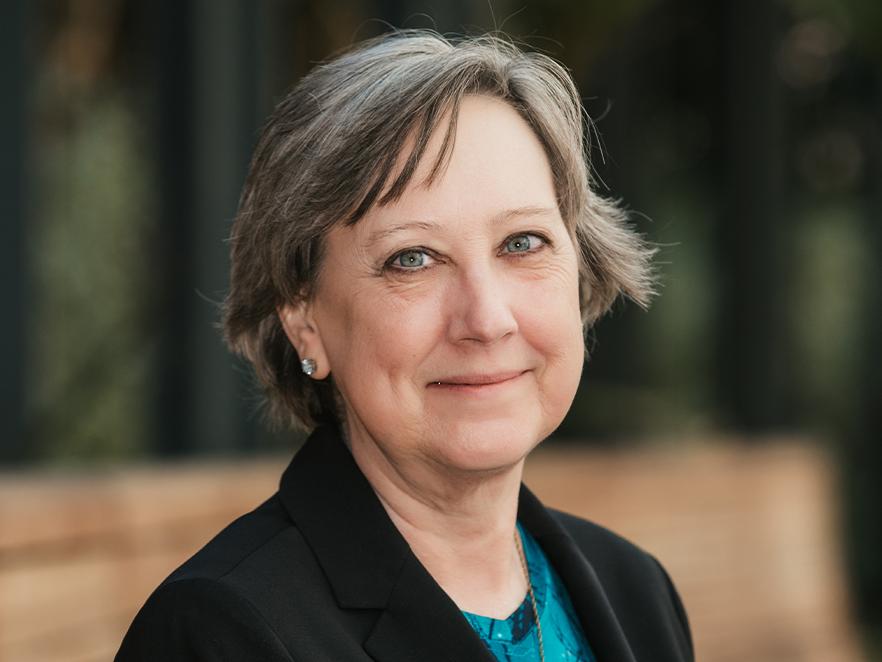
Bettye Maddux
Research Development Director at the College of Science, Oregon State University
Bettye Maddux has over 30 years of experience in research and project/program management. Also serving as the Director of Research Development in the College of Science at OSU, Bettye provides a vital connection between GCE4All and the college.
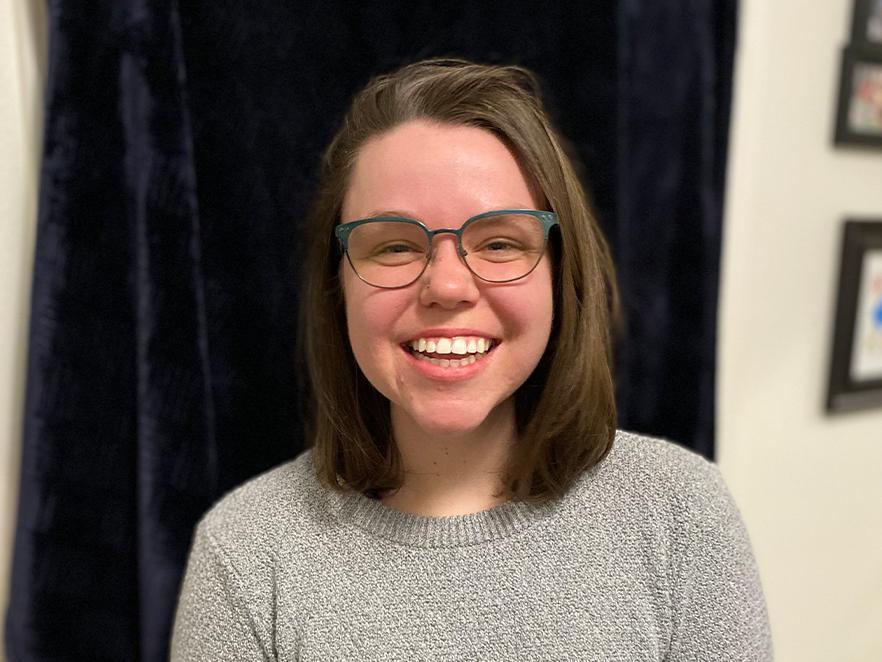
Kayla Jara
Program Coordinator of GCE4ALL Research Center, Oregon State University
Kayla Jara is well versed in using biophysical techniques to explore protein structure and protein-protein interactions. As Program Coordinator, Kayla functions as a communication and operations hub, connecting the technology development and community engagement cores of the center, as well as working with outside stakeholders.
External Advisory Committee
Jason Chin
Professor of Chemistry & Chemical Biology, University of Cambridge
Program Leader at the Medical Research Council Laboratory of Molecular Biology (MRC-LMB) & Head of the Centre for Chemical & Synthetic Biology (CCSB)
Fellow in Natural Sciences, Trinity College
Jason is a native of the UK. He was an undergraduate at Oxford University, where he worked with Professor John Sutherland on Cephalosporin biosynthesis. He obtained his PhD as a Fulbright grantee from Yale University, working with Professor Alanna Schepartz. He was a Damon Runyon Fellow at The Scripps Research Institute with Professor Peter Schultz where he developed the first approaches to systematically expand the genetic code of eukaryotic cells and pioneered approaches, that are now widely used, for defining protein interactions by genetically encoding photocrosslinking amino acids.
Chin Lab
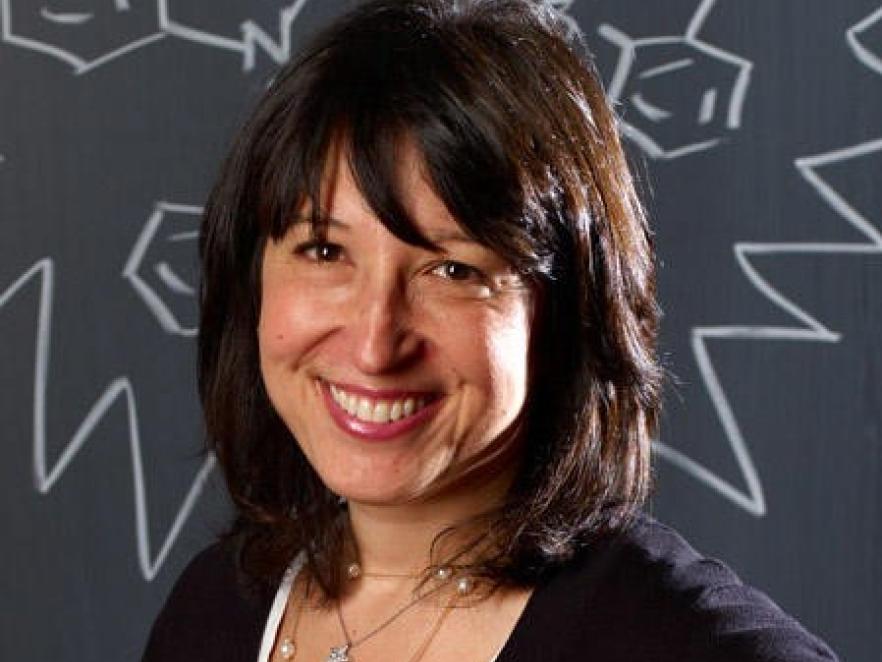
Alanna Schepartz
T. Z. and Irmgard Chu Distinguished Chair and Professor in the Departments of Chemistry and Molecular and Cell Biology, University of California, Berkeley
Director of the NSF Center for Genetically Encoded Materials (C-GEM)
Alanna Schepartz and her research group are known for the creative application of chemical synthesis and logic to probe mechanism and catalyze discovery in both chemistry and biology. Her research has contributed to and shaped thinking in multiple areas, including the mechanisms of protein-DNA recognition and transcriptional activation; protein design and engineering and their application to synthetic biology; and the complex process by which chemical information is communicated across biological membranes. She is widely recognized for the pioneering design of miniature proteins and b-peptide bundles, the first and only example of a protein-like architecture that lacks even a single a-amino acid.
Schepartz Lab
Center for Genetically Encoded Materials (C-GEM)
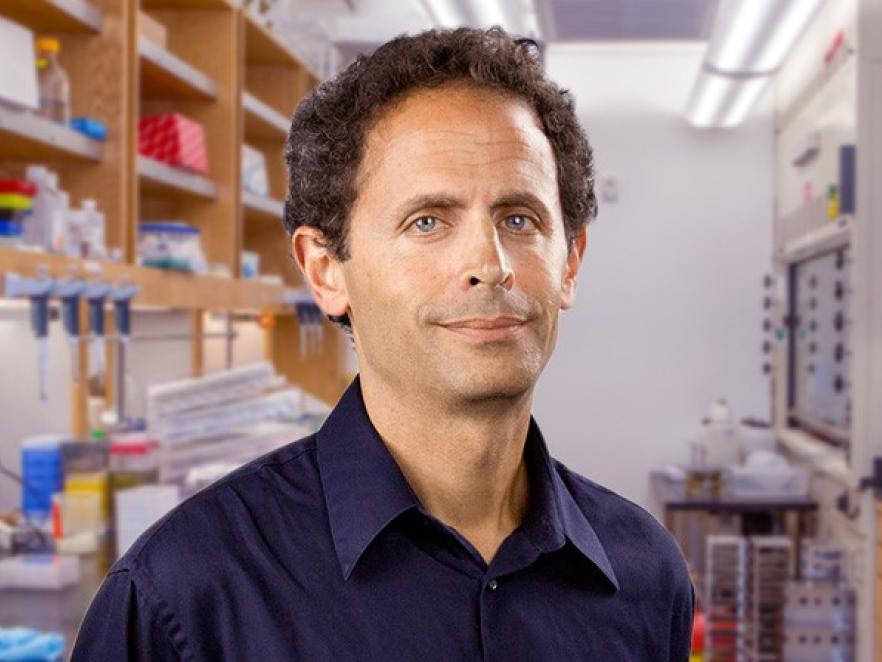
Ben Cravatt
Gilula Chair of Chemical Biology & Professor of Chemistry, The Scripps Research Institute
Cravatt's research group aims to understand the roles that proteins play in human physiological and pathological processes and to use this knowledge to identify novel therapeutic targets and drugs to treat disease. To achieve these goals, they develop and apply new technologies that bridge the fields of chemistry and biology. Their technological innovations address fundamental challenges in human physiology and disease that are beyond the scope of contemporary methods.
Cravatt Lab
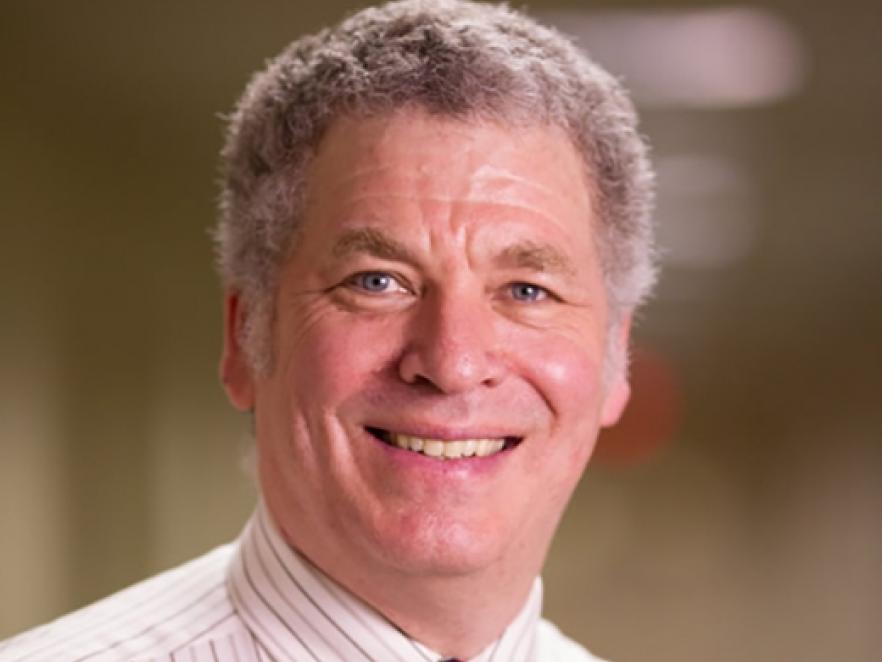
Jeremy Berg
Associate Senior Vice Chancellor for Science Strategy and Planning, Health Sciences
Professor of Computational and Systems Biology, University of Pittsburg School of Medicine
Berg is associate senior vice chancellor for science strategy and planning, health sciences, and professor of computational and systems biology in the University of Pittsburg School of Medicine. Berg works to advance the University’s position as a biomedical research leader. In July 2016, he was named editor-in-chief of Science magazine and the Science family of journals. Berg was the founding director of Pitt’s Institute for Precision Medicine, which he oversaw from 2013–16. Launched by Pitt and UPMC, the institute applies genetics, genomics, and research in other areas to advance evidence-based medicine and treatments tailored to individual patients, often through genetics and DNA analysis.
Learn More
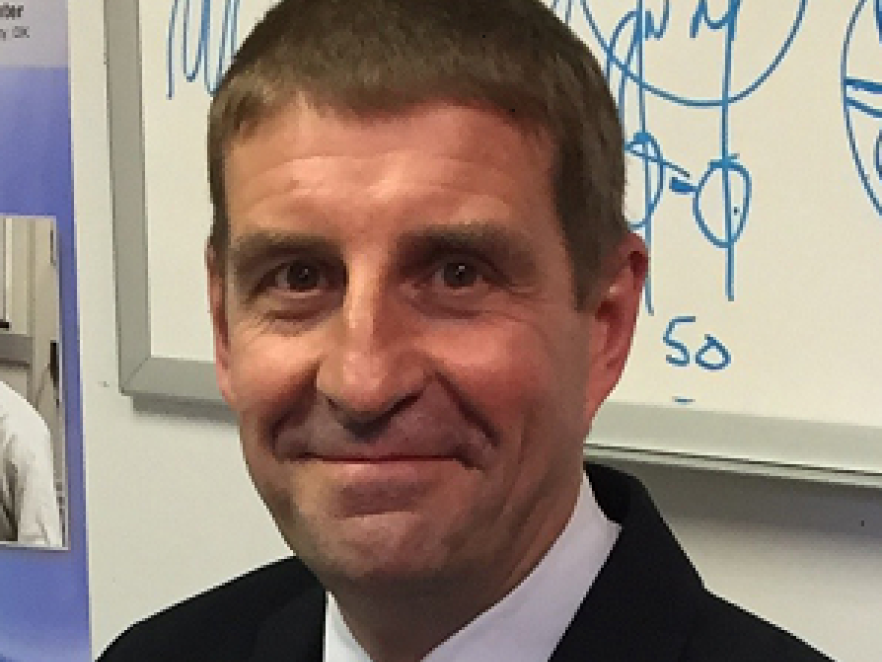
David Yule
Professor, Department of Pharmacology and Physiology & Louis C. Lasagna Professorship in Experimental Therapeutics, Department of Pharmacology and Physiology (SMD)
Professor, Department of Medicine, Gastroenterology/Hepatology (SMD) - Joint
Professor, Center for Oral Biology - Joint
The Yule lab studies intracellular calcium signaling in cells which are typically, electrically non-excitable. In cells such as the liver, exocrine, pancreas, salivary glands and various cells in the blood, increases in intracellular calcium are fundamentally important for diverse processes including secretion of digestive enzymes and fluid, glucose metabolism together with cellular growth and differentiation.
Yule Lab
Internal Advisory Committee
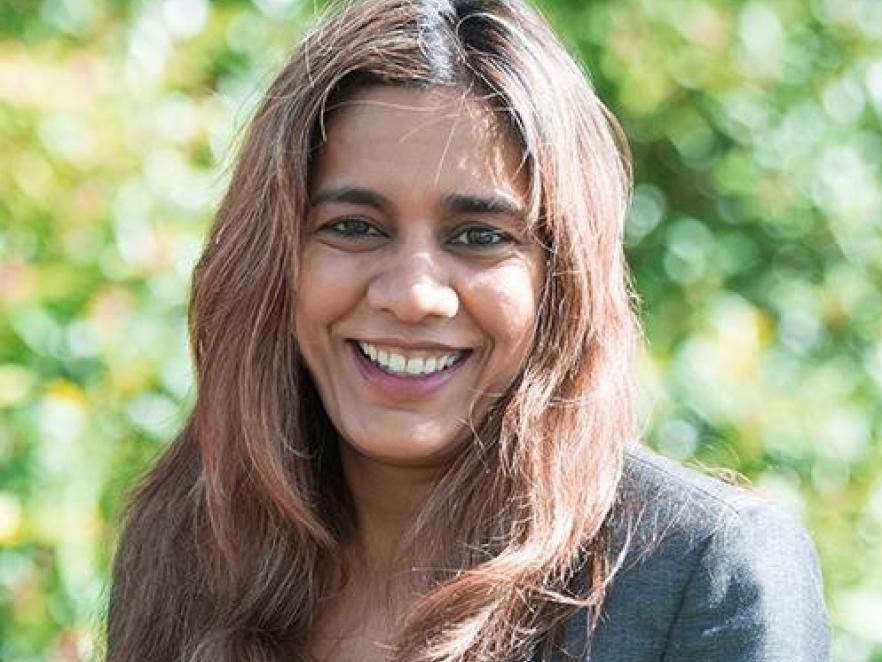
Vrushali A. Bokil
Interim Dean of the College of Science, Associate Dean of Graduate Studies and Research, and Professor of Mathematics, Oregon State University
Professor Bokil received her Ph.D. in Mathematics from the University of Houston in 2003 under the direction of Professor Roland Glowinski. Before coming to Oregon State University, she was a postdoctoral research associate at the Center for Research in Scientific Computation at North Carolina State University, under the mentorship of Professor H.T. Banks. Dr. Bokil is currently serving on the Faculty Senate Executive committee.
Vrushali's Website
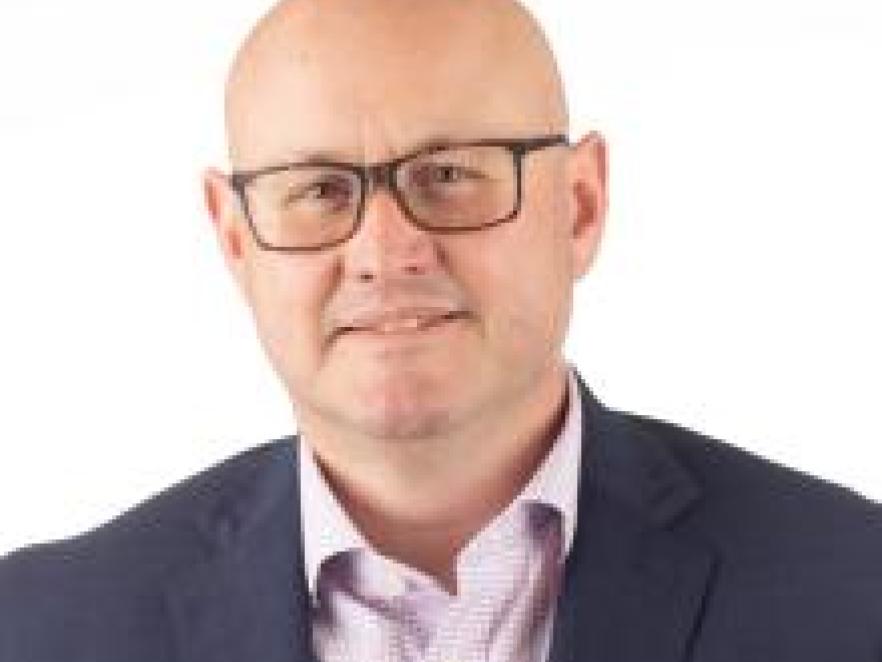
Brian Wall
Associate Vice President for Research, Innovation & Economic Impact, Oregon State University
brian.wall@oregonstate.edu
In his role as Oregon State University’s Associate Vice President for Research, Innovation, and Economic Impact, Mr. Wall oversees the OSU Advantage - a leading driver, resource and steward for a strategic innovation economy in Oregon and beyond. Mr. Wall provides leadership and directs operational oversight for innovation and entrepreneurship programs, intellectual property protection and licensing, the execution of corporate agreements, and the Advanced Technologies and Manufacturing Institute.
Learn More
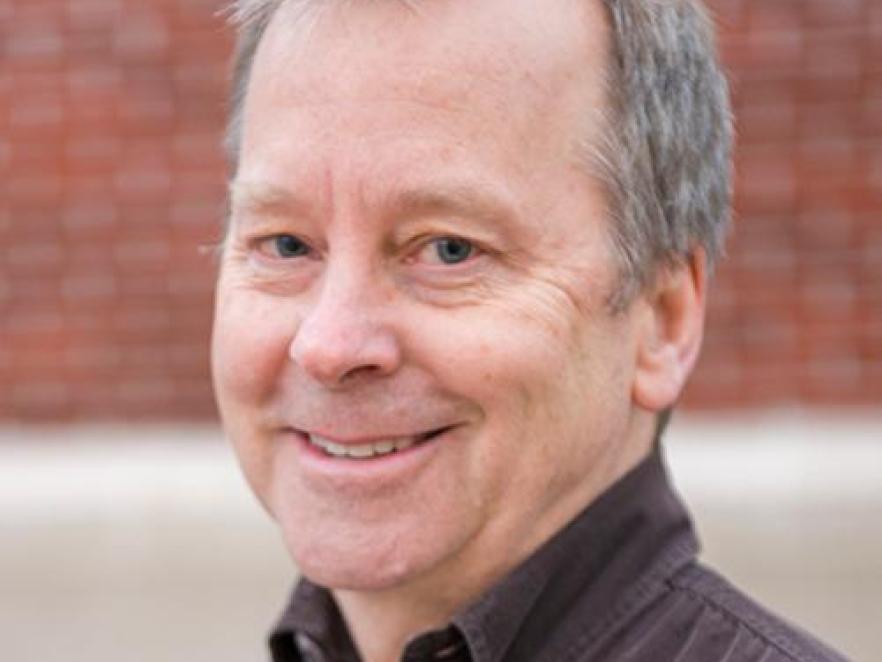
Douglas A. Keszler
University Distinguished Professor of Chemistry, Oregon State University
douglas.keszler@oregonstate.edu
Research Interests
- Synthesis and study of inorganic molecules and materials that will enable next-generation electronic and energy devices
- Unique water-based chemistries for the deposition of very high-quality films
- New solar absorber materials for photovoltaics (PV)
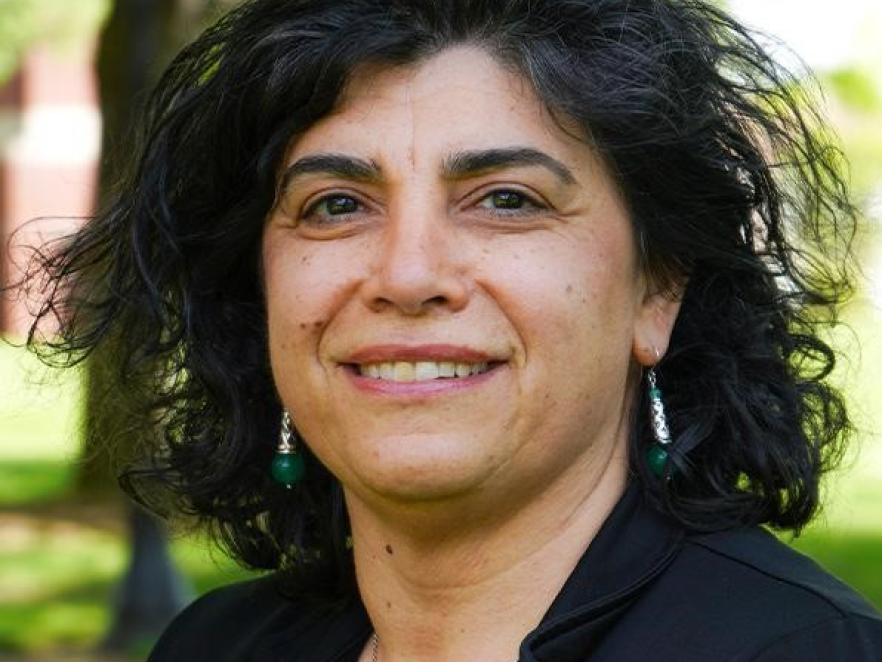
Elisar Barbar
Department Head & Professor of Biochemistry & Biophysics, Oregon State University
Faculty Director of the Oregon State University Biomolecular NMR Facility
Research Interests
- Structure, Assembly, and Regulation of Dynamic Protein Complexes
- Dynein Structure and Regulation
- LC8 Hub Interaction Network
- NMR Developments
Barbar Lab
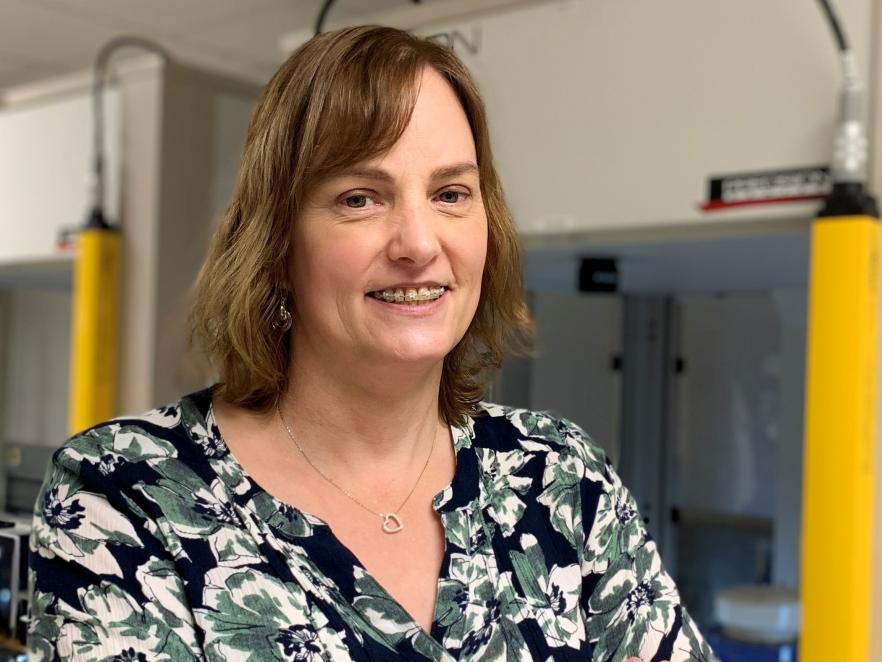
Robyn Tanguay
University Distinguished Professor of Environmental and Molecular Toxicology, Oregon State University
robyn.tanguay@oregonstate.edu
Research Interests
- Using zebrafish (Danio rerio) as a toxicology model
- Biosafety in commercial development
- Environmental health
- Chemical and nanomaterial structural information
